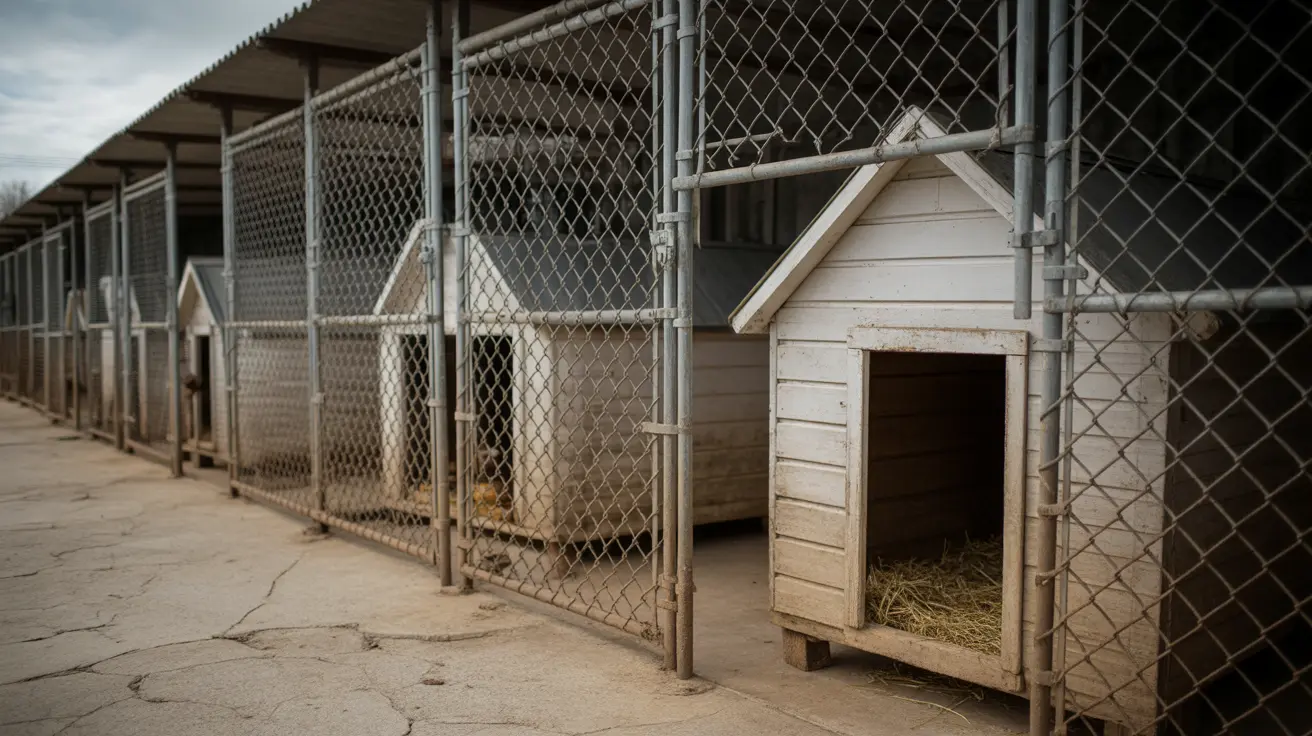Vegetables Cats Should Avoid: A Guide for Pet Owners
While cats are obligate carnivores and require a diet primarily made of meat, some owners occasionally offer vegetables as treats. However, not all vegetables are safe for feline consumption. This article outlines which vegetables cats should never eat and explains the reasons behind their toxicity.
Why Some Vegetables Are Dangerous for Cats
Cats have different digestive and metabolic systems compared to humans. Certain compounds present in vegetables can be toxic or difficult to digest for cats, potentially leading to severe health issues such as gastrointestinal distress, anemia, or even organ failure.
Vegetables Cats Should Never Eat
- Onions: Both cooked and raw onions can damage red blood cells in cats and lead to anemia.
- Garlic: Even more potent than onions, garlic can cause oxidative damage to the cat’s red blood cells.
- Chives, Leeks, and Shallots: Members of the allium family, these vegetables carry similar risks as onions and garlic.
- Avocado: Contains a toxin called persin, which can lead to vomiting, diarrhea, and pancreatitis in cats.
- Unripe Tomatoes and Their Leaves: These contain solanine, a toxic substance causing gastrointestinal distress in cats.
Potential Symptoms of Vegetable Toxicity in Cats
- Vomiting and diarrhea
- Abdominal discomfort
- Lethargy and weakness
- Discolored urine or gums (indicating anemia)
- Drooling or lack of appetite
If your cat has ingested any of the harmful vegetables listed above, contact your veterinarian immediately.
Vegetables That Are Generally Safe
Some vegetables may be offered in small quantities if prepared properly:
- Broccoli: Safe in moderation; steam or boil it and chop into small pieces.
- Carrots, Green Beans, and Peas: Cook until soft and serve plain.
- Sweet Potato and Pumpkin: Often helpful with digestion; avoid seasoning.
- Spinach: Safe in limited quantities due to oxalates.
These should only make up no more than 10% of a cat’s daily calorie intake.
Important Preparation Tips
- Always steam or boil vegetables—never serve raw or seasoned varieties.
- Chop finely to prevent choking or digestive obstructions.
- Avoid butter, oil, garlic, or sauces.
- Feed as an occasional treat, not as a staple food.
When to Avoid Feeding Vegetables Altogether
Cats with digestive disorders, food allergies, thyroid issues, or chronic gastrointestinal diseases should avoid vegetables like broccoli and spinach entirely. Some vegetables, like broccoli, contain goitrogenic compounds that can negatively affect thyroid function if fed in large amounts.
Always Monitor Your Cat’s Reaction
When introducing any new food, especially vegetables, observe your cat’s reaction. Watch for signs of allergy or intolerance such as:
- Skin irritation or excessive grooming
- Diarrhea or vomiting
- Lethargy or disinterest in food
Discontinue feeding and consult a vet if symptoms arise.
Consult a Veterinarian First
Before making any changes to your cat’s diet, especially if adding vegetables, speak with your veterinarian. They can assess your cat’s specific health needs and recommend appropriate dietary adjustments.
Final Thoughts
While some vegetables can be shared with cats in moderation, many are unsafe and should be strictly avoided. Understanding which vegetables pose risks can help you make informed choices for your feline friend’s health. Always prioritize a balance of meat-based nutrition to keep your cat thriving.





